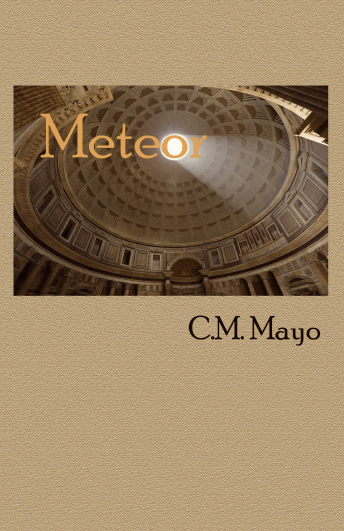Give
us your elevator pitch: what’s your book about in 2-3 sentences?
THINGS YOU WON’T TELL YOUR THERAPIST is
a collection of flash fiction about people with secrets. Everyone in the book
has something to hide and the reader gets a glimpse into their private moments.
Which
story did you most enjoy writing? Why? And, which story gave you the most
trouble, and why?
The story that was the most fun to
write was “Petty Cash.” I wrote the first draft in a Kathy Fish online Fast
Flash workshop. What I love about those workshops is that you are writing fast
and don’t have time to do a lot of second-guessing about the story’s viability.
It came out pretty much intact, and I love that. I wish they all just flowed
like that and that I knew immediately where the story was going.
The title story gave me the most
trouble. I have always wanted to write a list story, but I just couldn’t make
it work in that form. I’m very happy with the resulting story, but I still
haven’t written a successful list story. Maybe this year.
Tell
us a bit about the highs and lows of your book’s road to publication.
The highs are probably also the lows. I
submitted the chapbook to a lot of contests and had to recompile the manuscript
each time to meet the contest’s submission rules (page counts, table of
contents, etc.). It was finalist in in the Black River Chapbook Competition at Black
Lawrence Press and on the short list for the Santa Fe Writers Project awards. I
didn’t win. These are two of my favorite publishers, and I would love to work
with them one day. It was really rewarding to know some people out there liked
the book enough to make it a finalist.
While I was at the Hambidge Center in
Georgia for a writing residency, I decided to submit it during Finishing Line
Press’s open reading period. They were interested in it. They are primarily a
poetry publisher, but the format works with flash. Several of my stories are a
single paragraph.
What’s
your favorite piece of writing advice?
Strunk and White’s The Elements of Style still has some of the best writing advice
there is. One I live by is: Omit needless words. Writing “tight” in both
fiction and nonfiction is critical. Omitting needless words and tightening up
other’s writing is a big part of my day job as a magazine editor. I know it is
heart breaking to have to “kill your darlings”(another great piece of writing
advice from William Faulkner), but it is necessary if you are writing for an
audience. Readers don’t have a lot of patience so I feel it is important to not
waste their time. One of the things I love about writing flash is the paring
down of the text so that every word matters.
I am a fiction editor at Literary Mama, and I think overwriting
is what causes a lot of stories to fail. Sometimes I can see the bones of the
story that the writer is trying to tell, but they are writing all over the
place.
My
favorite writing advice is “write until something surprises you.” What
surprised you in the writing of this book?
I was surprised at how many dogs show
up in the book, and I am still really puzzled by it. I don’t have a dog. I am
more of a cat person. In fact, my elderly cat is sitting here with me as I type
this. Good thing she can’t read. I need to write more cat stories.
How
do you approach revision?
For me, getting distance from the work
is a big part of revision. I do like putting things away for a little while.
When writing, I am so immersed in the scene that I really can’t see typos or
missing words. When I take a break from it, it breaks that spell and I can see
everything so much clearer. I also have a writing group that I rely on. It is
really valuable to have those early readers to flag things that they are
confused by and get a general reaction to a piece.
Inquiring
foodies and hungry book clubs want to know: Any food/s associated with your
book? (Any recipes I might share?)
Belgian waffles! In one of the stories
that takes place at a diner. But, like the woman in the story, I don’t make
them at home. I have recently shopped for a waffle iron but haven’t taken the
plunge yet. Do you have a waffle recipe? I would like to find a good one.
(EDITOR’S NOTE: I don’t make Belgian
waffles, but I swear by the classic waffle recipe in The Joy of Cooking, my go-to cookbook since the olden days. And let the record show that I’m
afraid to use that whole cup of butter…half a cup feels daring enough. Recipe: https://www.epicurious.com/recipes/member/views/waffles-from-the-joy-of-cooking-50154323)
READ MORE ABOUT THIS BOOK AND PUBLISHER: https://www.finishinglinepress.com/
ORDER THIS BOOK FOR YOUR OWN TBR PILE:
READ THE TITLE STORY:

